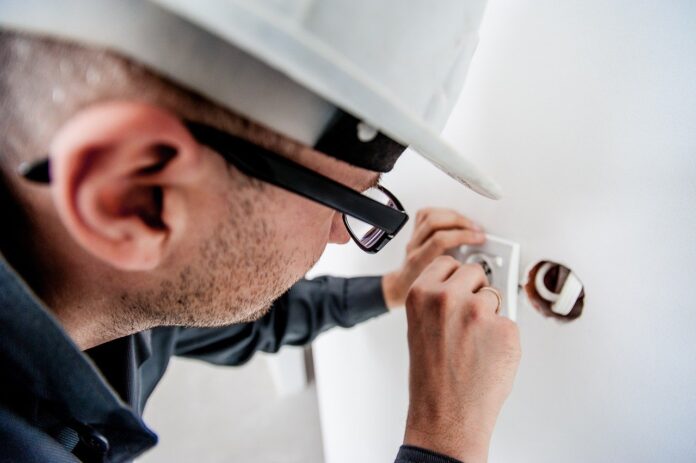We’ve all been there. The dog needs walking. The garden needs tending. The walls aren’t going to paint themselves. Should I hire someone to do the job?
But then you look at the costs of hiring a professional, and you’re not so sure anymore. Do I really need to re-do the bedroom? Can we do without a photographer at our wedding? I know a friend’s cousin has a camera.
Makes you wonder why a rather quick task, say a few hours’ work, costs so much to do when you hire someone. Turns out, there’s a lot that goes into providing a professional service. Here’s an overview of some of the hidden costs. Some may surprise you.
Tools and Equipment
Professional equipment can cost a surprising amount, like when a photographer needs to buy cameras and lights, or a builder needs to buy drills and spanners – especially tools that are high quality of top of the line. What’s more, there’s a lot of equipment professionals need that we can’t see or aren’t even aware of. For example, the range of editing software a photographer uses and for which they pay high subscription fees.
Insurance
We as clients don’t think about it, but most self-employed professionals need to be covered by insurance. Whether it’s required by law or a professional body or is just a sensible choice to make, insurance can be expensive. Reports of average prices for small business insurance show builders are paying around £800 a year for the most basic public liability and tools coverage. Gardeners are paying £150 just for public liability. And even dog walkers need insurance, paying around £100 for it every year. And going without it can end up being much more expensive if a mistake or accident occurs.
Workspace and vehicle
An even more substantial cost than insurance is overheads – running an office space, renting a tool shed, paying for a co-working spot. Or even just owning a vehicle to use for work. Rent, maintenance and insurance costs for all of these can put a real dent in a professional’s profits.
For example, freelancers in London pay an average of £613 per desk, per month for a co-working space. Sure, some work solely from home, but usually there are still added costs that come from carrying out professional work, even in a home setting.
Holidays and sick leave
Another aspect that can be quickly forgotten is benefits such as holiday pay, sick leave, dental cover, pension contributions and more. For self-employed professionals, all of this must come out of their pay – in other words, the rates they charge. If a plumber falls ill and can’t carry out the planned work, they will not be paid. They need to plan for unexpected events, and cover these with their regular rates. The same goes for any time off, or any national insurance and pension contributions.
All in all, there’s much more to the rate a professional charges than just the hours of work it’ll take them to finish the job. Also, when we get stingy about hiring someone, there’s a good saying to keep in mind. “If you think it’s expensive to hire a professional to do a job, wait until you hire an amateur.”







